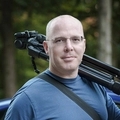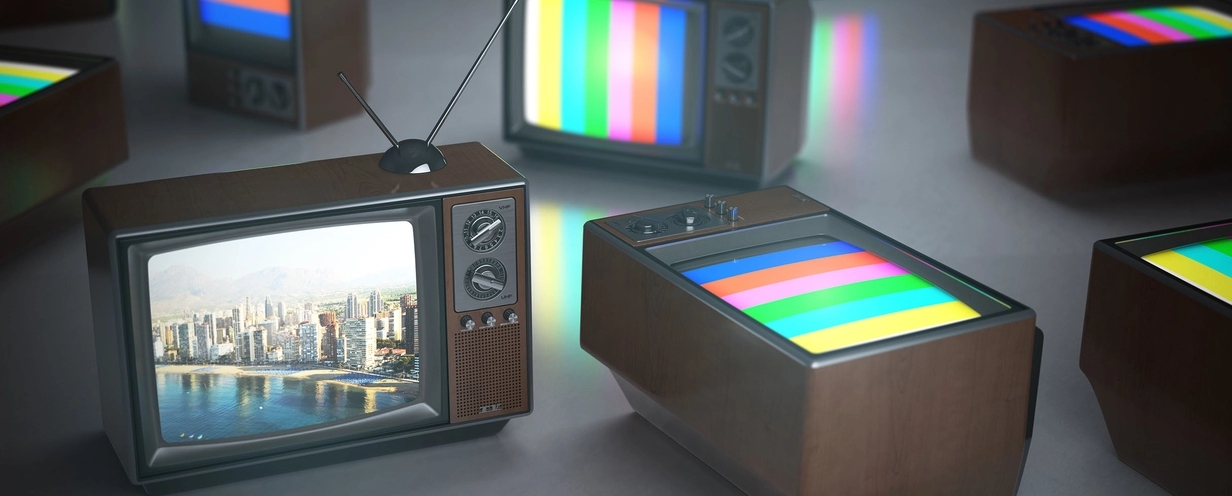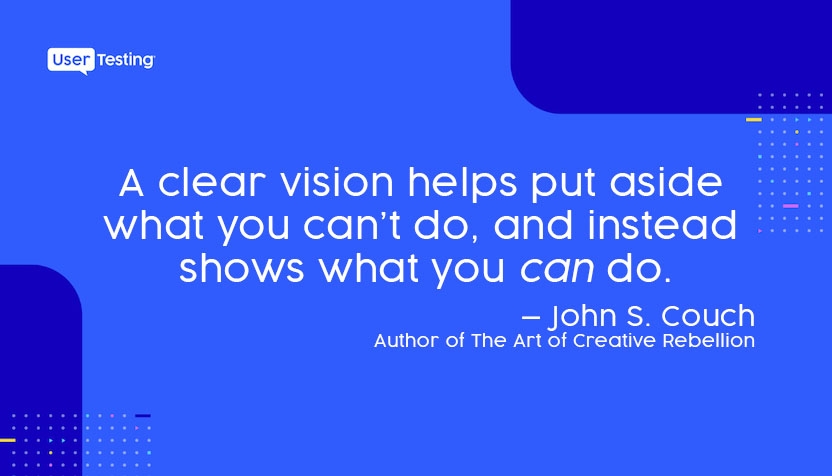
How video evokes empathy: insights from a former design lead at Hulu

When John S. Couch started at Hulu as Vice President of UX and Design in January 2016, one of the first things he wanted to do was produce a vision video.
Design is a lot like the parable of the elephant and the blind men, said Couch, author of The Art of Creative Rebellion. In the story, the blind men have never encountered an elephant before so each man feels and describes only one part of the elephant, like its trunk or tail—unable to describe the elephant in its entirety.
“They're all correct, but they're looking at it only through one slice,” Couch said. “And what I wanted to do was make a short film, which described the end result. What the whole elephant looked like.”
The film depicted a day in the life of someone using the envisioned, redesigned Hulu product. They then showed the movie to the entire company (kinda like showing UserTesting highlight reels across your teams).
“And there was an immediate mental shift,” Couch said. “From ‘We're not really sure’ to ‘Oh, that's the elephant.’”
Human Insight Podcast: Episode 11
In Episode 11 of the Human Insight Podcast, Couch goes on to talk about his career path (such as exaggerating his skill sets to land a job at Wired to the evolution of his role now as a Mr. Wolf—consulting companies on their UX and design problems).
Listen to the episode and hear:
- Why design should have its seat at the table
- Tips for fostering a team culture (from employee resource groups to 1:1 coaching)
- And finding your champion for design in the C-suite
Read on for highlights from the episode.
Why design needs a seat at the table
When you're trying to change a company, Couch said, the typical approach is to iterate, adding on more and more features. And if you talk about changing something, the immediate reaction is resistance and worry about something breaking down the line.
“What a vision video or a strong prototype does,” Couch said, “is it throws practicality and reality aside for a moment. You can suspend that. We know all the reasons why you can't do something. Let's just hold that for a second. But look at this thing we can do.”
“And once you're very clear about what that is, the whole mentality switches from ‘We can't do this’ to ‘Oh my God, I want to make that.’”

That’s his recommendation for gaining alignment across the organization: begin with a common vision.
“It's pretty simple at that point,” Couch said. “We presented the video to Bob Iger (former CEO of The Walt Disney Company, Hulu’s majority owner) who has a strong interest in design.”
They would name the redesign “Project Bowie” in honor of David Bowie, who died about the same time as Couch arrived at Hulu. “And I thought, not only would it be a good homage to him,” Couch said. “But it would be a symbolic idea of constantly cha- cha- changing the design based upon user behavior and technological advancement over time and not to be completely precious about the design, but allowing it to constantly evolve.”
He and his team were reminded of that lesson while testing design concepts with potential viewers.
“It was a humbling experience to look through the window and almost want to yell out ‘Click the button! Click the button, it's right there!’ And they couldn't find it. They couldn't. And what I realized was that so many of my assumptions and my team's assumptions about how human beings actually interacted with a design were completely wrong, like shockingly wrong.”
Fast forward about a year later, and after many long startup-like days and nights, Hulu released Hulu Live during the 2017 TV Upfronts. The new look let viewers tune into live shows from networks like CBS, FOX, ESPN, as well as its own shows such as The Handmaid's Tale, which went on to be a megahit.
During his five-year run at Hulu, the platform increased its audience by about 4X from the 9 million subscribers they had when he started.
“My best experience of designing anything was Hulu,” Couch said. “It's rare that you have the opportunity to come into a company and completely change it at scale. The thing that is exciting about being a product designer is that you do something and the thing that you envisioned, that you designed, you crafted, goes out to millions of people. And it's literally, in our case, sitting in your bedroom. And I will always be grateful to Hulu for allowing me the opportunity to come in and really take huge license with their business, which is worth billions of dollars.”
In this Article






